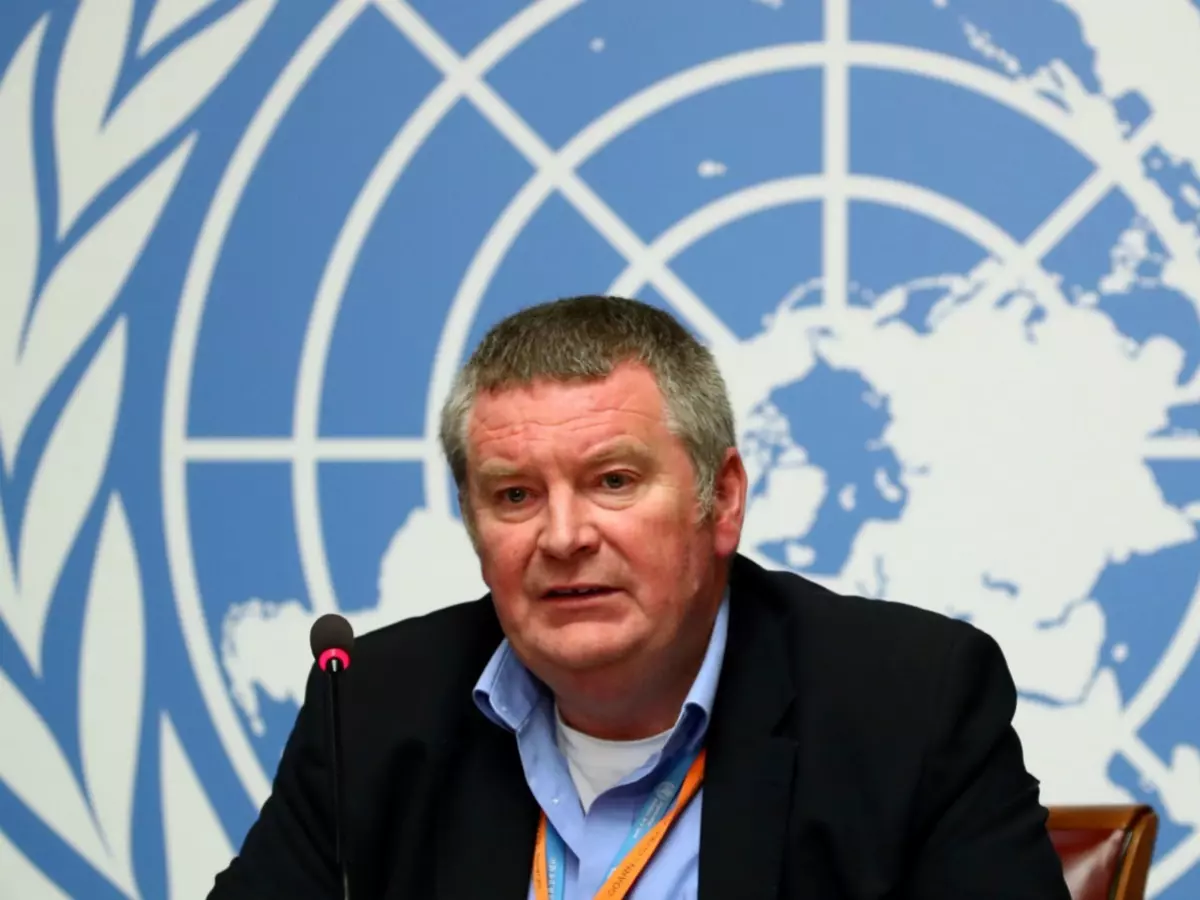Like HIV, COVID-19 May Never Go Away, Could Become Another Epidemic, Warns WHO
For the past few months, the world has been eagerly waiting for a vaccine or a drug to cure COVID-19 And around the world, several pharmaceutical companies including some of the biggest names in the industry are busy trying to find a vaccine or a drug.

For the past few months, the world has been eagerly waiting for a vaccine or a drug to cure COVID-19 And around the world, several pharmaceutical companies including some of the biggest names in the industry are busy trying to find a vaccine or a drug.
So far there have been several advancements in this front and some vaccines have already gone into human trails. But the World Health Organization has warned that the virus may not go away.
 AFP
AFP
¡°It is important to put this on the table: this virus may become just another endemic virus in our communities, and this virus may never go away,¡± WHO emergencies expert Mike Ryan said during a daily briefing.
¡°I think it is important we are realistic and I don¡¯t think anyone can predict when this disease will disappear,¡± he added. ¡°I think there are no promises in this and there are no dates. This disease may settle into a long problem, or it may not be.¡±
 reuters
reuters
However, he said the world had some control over how it coped with the disease, although this would take a ¡°massive effort¡± even if a vaccine was found ¡ª a prospect he described as a ¡°massive moonshot¡±. More than 100 potential vaccines are being developed, including several in clinical trials, but experts have underscored the difficulties of finding vaccines that are effective against coronaviruses.
Ryan noted that vaccines exist for other illnesses, such as measles, that have not been eliminated.
 REUTERS
REUTERS
Ryan said that easing down lockdown measures can lead to a 'renewed transmission' of the virus which will force the government to impose another lockdown to contain the spread of the virus. He pointed out that the number of cases needs to be reduced to the 'lowest possible level' in order to lift the lockdown restrictions, adding that reopening when the COVID-19 cases are high will lead to accelerated transmission.
 reuters
reuters
"If you can get the day-to-day number to the lowest possible level and get as much virus out of the community as possible, then when you open, you will tend to have less transmission or much less risk. If you reopen in the presence of a high degree of virus transmission, then that transmission may accelerate," Ryan said.
¡°We need to get into the mindset that it is going to take some time to come out of this pandemic,¡± WHO epidemiologist Maria van Kerkhove told the briefing.









